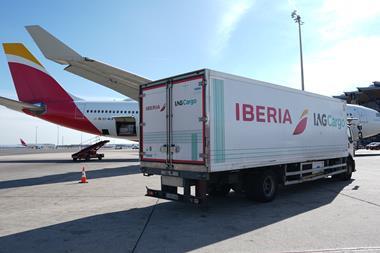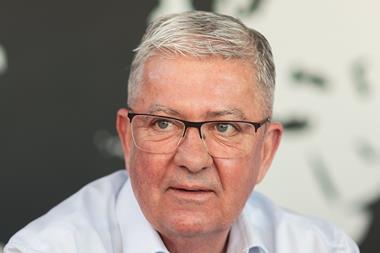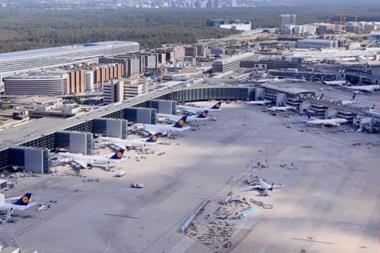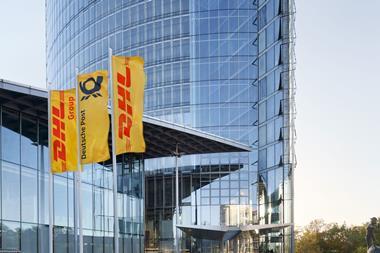Some pointers about the possible future shape and direction of air cargo’s cold chain component, led by a more productive relationship with the new government, were outlined at the recent Cold Chain Live event in the UK.
Figures made available at the conference from the 2024 Cold Chain Report show air cargo facilitated the export of £5.6bn and the import of £7.5bn worth of chilled and pharmaceutical products last year.
And further growth could be ahead. The Cold Chain Federation expects the new government to negotiate new international trade deals to further help the sectors it supports, primarily food and beverage and pharma export.
“We know the pharmaceutical is very buoyant in the UK so opportunities again for exporting there. But a lot depends on the UK economy and how government supports that ambition, gets on with agreeing those trade deals and supports the industry to keep developing,” Tom Southall, deputy chief executive of the Cold Chain Federation told Air Cargo News.
This could be “a significant market” for CCF members, Southall added.
The potential growth in the UK’s cold chain sector also fits into moves by the Federation, and indeed the cold chain industry, to build on its recent success – something the CCF believes will be accepted and welcomed by the new government in London.
Post-pandemic and in an increasingly difficult geopolitical situation, the cold chain, like air cargo, is more confident of getting a favourable hearing from governments which are now much more aware of its uses.
Helping here is the new Labour government in Westminster, which views itself as a partner to business, according to Simon Darby, head of public affairs at consultancy PLMR who said it was “an opportunity to engage”.
This had come about, he said, because post-July’s general election Britain had a completely different political context. Not only did Labour’s huge majority promise greater stability but the new government is open to working with business.
“We shouldn’t have as much chopping and changing,” said Darby. He added the government’s approach was now one of the “utmost seriousness” with it already signalling its willingness to take difficult decisions and stick to them.
One detail Darby flagged was that half of parliament’s members are new, a big change in itself, but also a real opportunity to build support with a new engaged base of policy makers. The industry highlighting problems will get them taken seriously, he argued.
“I strongly feel this is an opportune moment for the sector,” he told the Cold Chain Live – a comment that also covers air cargo.
There are three areas the industry specifically needs to watch. These were the economy, with the plan being to kickstart growth, clean energy and breaking down the barriers to opportunity to create employment.
Whilst trade deals with other countries and trade blocs might take some time, Darby pointed out this was the genuinely first post-Brexit government where the emotion of the past few years will be dialled down allowing for a more considered and constructive approach.
It also might be a challenge to air cargo. Any successful trade deal with dramatic rises in volumes might see the need to shift from air for small orders to sea for much bigger ones.
Other UK government statements to watch out for include an energy policy framework document, the budget on October 30 and reform of the Apprenticeship Levy.
Optimistic as all this was, it is met by reality and some foresight. Acknowledging times were tough and there was a need to target efforts, Paul Bennell, president of the CCF pointed out that difficult decisions, often with divisive industry politicking, would need to be taken.
He said that in an industry needing more workers, only 7% are interested in the cold chain and logistics.
“We need to make what we do exciting,” he said. As pressing is the need to have cold chain declared critical infrastructure, a concern mentioned several times.
The Federation, for its part, wants the government to designate the cross-department cold chain sector to a Cabinet Office Ministerial portfolio to ensure rapid responses to any threats to its integrity.
It also wants more investment in resilience to cyber attacks and reform of the planning system to specifically recognise the need for cold chain infrastructure.
https://www.aircargonews.net/region/europe/logistics-uk-welcomes-postponement-of-fresh-produce-border-checks/















